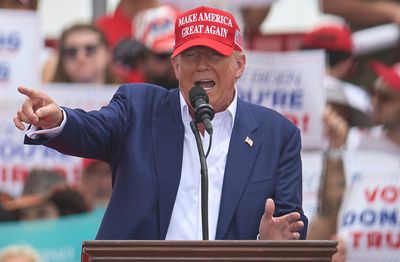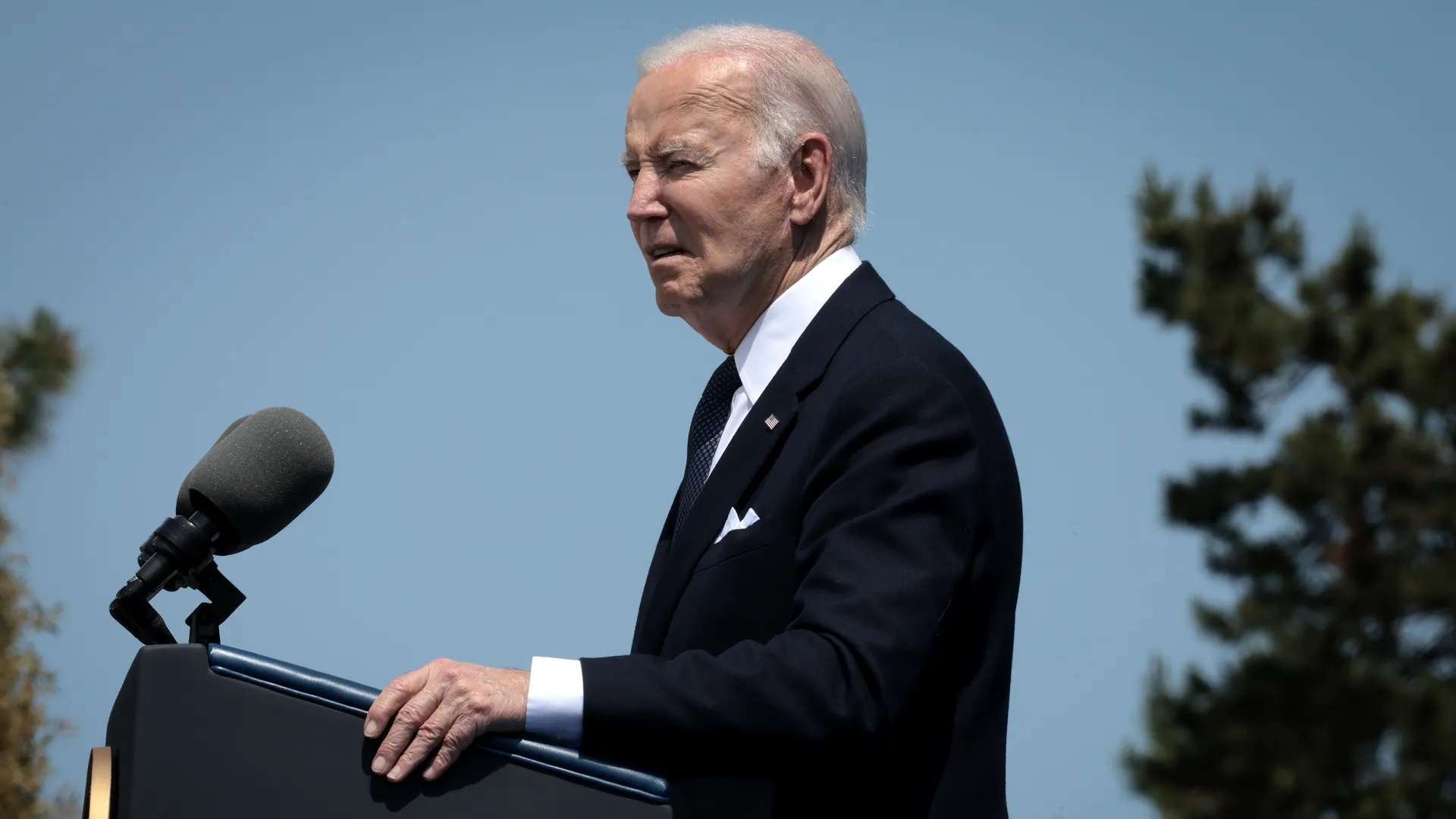On August 8, 2022, the Federal Bureau of Investigation (FBI) conducted an unprecedented raid on Mar-a-Lago, the Florida residence of former President Donald Trump, to search for classified documents he allegedly retained after leaving office. The event sparked widespread controversy and accusations of political bias, with some arguing that the FBI agents acted in bad faith. This article explores the context, actions, and criticisms surrounding the raid.
The Context of the Raid
The origins of the Mar-a-Lago raid trace back to concerns that Trump retained classified materials in violation of the Presidential Records Act and other federal laws. The National Archives and Records Administration (NARA) had previously requested the return of missing documents, and a months-long negotiation followed. Despite these negotiations, the FBI claimed there was probable cause to believe that additional sensitive documents remained at Mar-a-Lago.
Allegations of Bad Faith
Timing and Political Implications
Critics argue that the timing of the raid was suspiciously close to the midterm elections, suggesting a potential motive to influence the political landscape. The raid occurred amid heightened political polarization, and Trump’s continued influence in the Republican Party made the event particularly contentious. Opponents of the raid contend that it was a deliberate attempt to undermine Trump and his allies.
Lack of Transparency
The FBI has been criticized for a perceived lack of transparency in the lead-up to and aftermath of the raid. Details about the warrant and the specific nature of the classified documents sought were initially scarce, fueling speculation and mistrust. This opacity led some to question the legitimacy of the FBI’s actions and to suspect ulterior motives.
Handling of the Raid
The manner in which the raid was conducted has also been a focal point of criticism. The highly publicized nature of the search, with agents seen carrying boxes of materials from the property, created a spectacle that many viewed as excessive and unnecessary. Some legal experts argue that the FBI could have employed less intrusive means to secure the documents, such as a subpoena or a court order for their immediate return.
Political Bias
Allegations of political bias have long plagued the FBI, and the Mar-a-Lago raid intensified these claims. Critics cite past instances where high-profile figures were treated differently under similar circumstances, suggesting a double standard in the application of justice. The perception of bias is compounded by the fact that many of the FBI’s actions, including this raid, appear to disproportionately target conservative figures.
Conclusion
The FBI’s raid on Mar-a-Lago remains a deeply polarizing event, with substantial allegations of bad faith actions by the agents involved. Critics point to the timing, lack of transparency, the handling of the raid, and perceived political bias as evidence that the raid was not solely about the retrieval of classified documents but potentially motivated by a desire to influence the political landscape. Whether these criticisms hold merit is a subject of ongoing debate, reflecting the broader divisions within American society regarding the rule of law and the role of federal agencies in political matters.
As investigations continue and more information emerges, the full implications of the Mar-a-Lago raid will likely become clearer. For now, the event stands as a significant and controversial episode in the ongoing discourse about justice, accountability, and political power in the United States.



